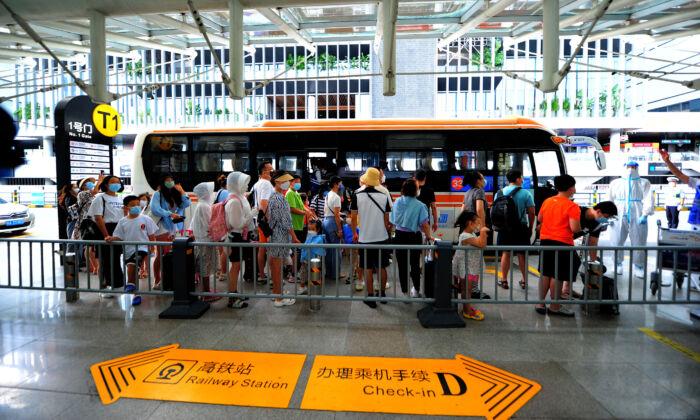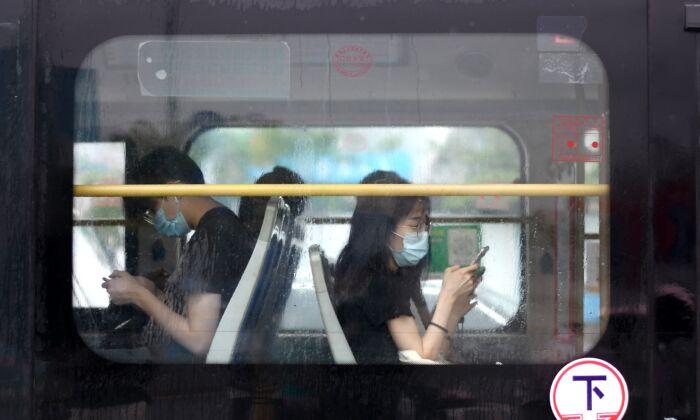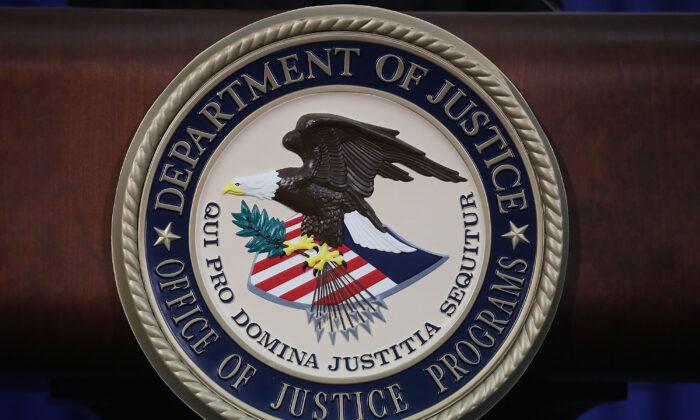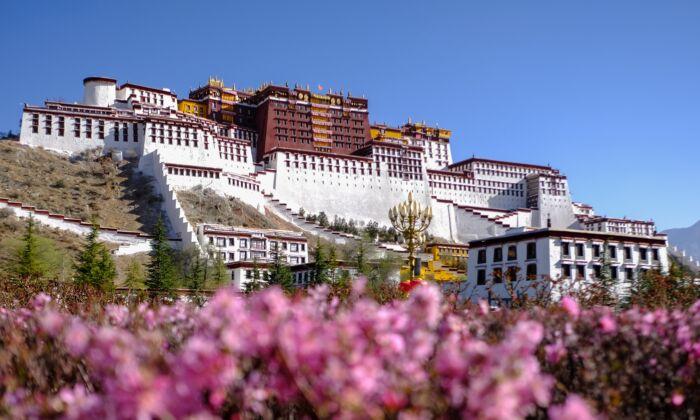Now, two letters from the South Pacific nation of Samoa have revealed how one Chinese construction project—being overseen by the government of Huizhou city in southern China—has been mired with quality problems and work practices that could harm the environment.
The letters and a set of internal documents from the Huizhou government—which were leaked to The Epoch Times by a trusted source—show that the Guangdong provincial government ordered the city to build projects in Samoa, which fit into Beijing’s political agenda. Huizhou is a municipal-level city in Guangdong Province.
The project in question is a friendship park in Samoa’s capital Apia. It was first announced in November 2015, as part of a friendship city agreement between Apia and Huizhou—which also included building an arts and cultural center in Apia. However, the documents The Epoch Times received did not mention issues with the latter. Both projects started construction in May 2018.
In August 2018, Samoa announced that it would join the BRI. Since then, the two projects have become part of BRI.
An internal document that the Huizhou housing and construction bureau sent to the Huizhou foreign affairs bureau on Dec. 4, 2019 noted that the total investment for the friendship park amounted to 62 million yuan ($9.06 million). It is unclear what are the terms of the project’s financing. The Huizhou and Samoa government did not return requests for comment.

Complaints
The two letters were sent by Samoa’s Ministry of Works, Transport and Infrastructure. One dated Dec. 20, 2019 was sent to the foreign affairs bureau of the Huizhou city government. The second, dated Jan. 9, was addressed to the Shanghai Construction Group, with Huizhou city copied on the letter.Shanghai Construction Group is the firm that the Huizhou government contracted to build the friendship park.
The first letter listed 11 issues related to the park, which is located at the seaside Eleele Fou neighborhood and faces the Apia Harbor. Some were previous problems that the Chinese side agreed to resolve but didn’t, while others were newly found, according to the letter.
Issues included rain water stagnation at the car parking lot; a harbor lighthouse in need of repair; the lack of fencing around the lighthouse to prevent tourists from entering; continued excavation around a water pump house, which could cause a collapse; and the use of an aluminum roof, instead of local, traditional materials, to build the fale—a traditional Samoan thatched hut.

The Samoa ministry suggested ways to fix those issues. “We hope for Huizhou’s favourable consideration to avoid any further delay to the project,” it said.
The second letter to Shanghai Construction Group criticized the company for not following conditions in the agreement, such as waste materials being “scattered around the site.” This was a “clear breach” of a commitment to dispose of waste materials at a local landfill, the letter stated.
Improper “discharging of sediment from work activities” also caused soil to be washed into the lake. The erosion near the embankment caused “rocks and mud to break into the lake,” which is a breach of the condition that “the proposed activity shall not have undue detrimental environment impact,” the letter said.
The ministry asked the company to fix the issues “immediately.”
According to two internal documents from Huizhou city’s foreign affairs bureau, Li Jianjun, director of the construction department at the housing and construction bureau, led two officials and three designers on a trip to Apia to resolve issues with the park from Nov. 23 to Dec. 2, 2019.
The Chinese company did not return a request for comment.

BRI in Samoa
After Samoa joined BRI, China’s ambassador to Samoa, Chao Xiaoliang, published an April 2019 article in a Samoan newspaper, to sing praises of the partnership, saying it “injects new vitality to China-Samoa cooperation.”Beijing authorities set its eyes on fostering close ties with Samoa—a state with voting power at international forums such as the United Nations and that is situated near vast swaths of resource-rich ocean.
Experts grew concerned that the Chinese regime was seeking to increase its military presence in the Pacific through the Samoa investments. Washington-based think tank Brookings Institution published a July 20 analysis about the risks of China’s activities in the South Pacific.
It also warned that South Pacific nations “may be willing to align themselves with China in certain United Nations votes.”

But the BRI projects have already saddled Samoa with debt.




